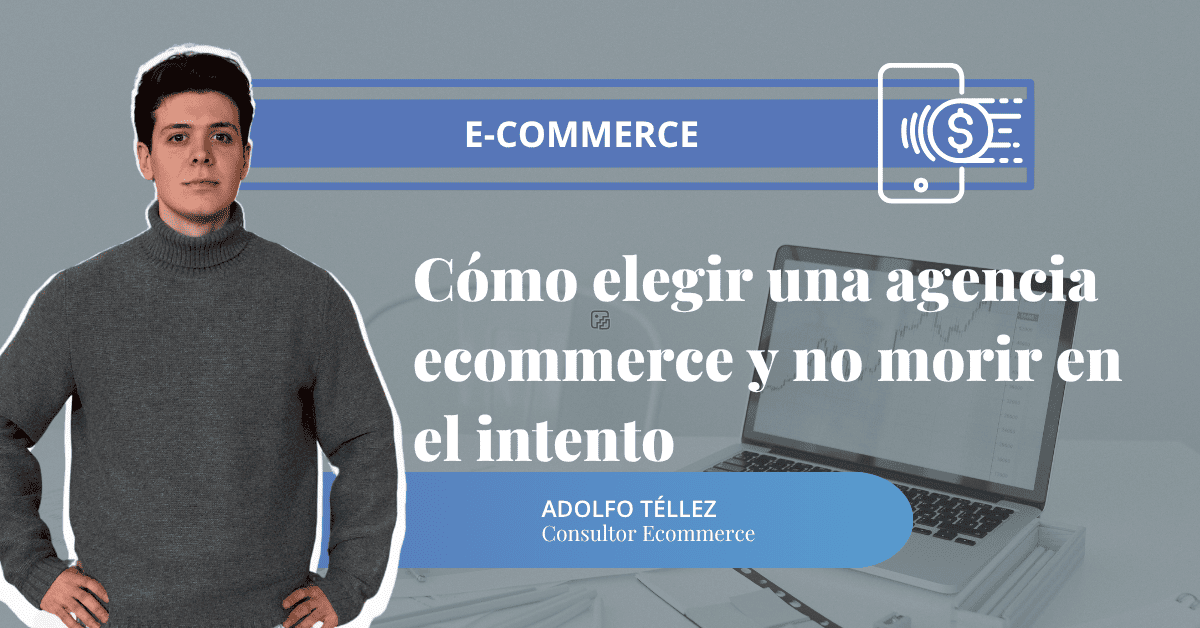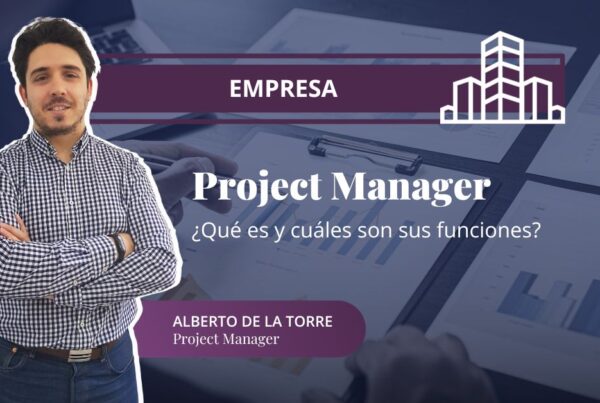How We Work and How Companies Could Work
It is evident that technology is changing our lives. To a greater or lesser extent, people adapt to new times with relative ease. However, companies cannot always say the same. And I’ll explain why.
Advertising knows perfectly well what society desires. They study our wants and wrap their products in moments we dream of so that we think buying that product will bring us closer to achieving our dreams. I invite you to analyze current advertising: freedom, extreme sports, surfboards, or paradisiacal beaches are recurring elements in today’s ads, and it’s no coincidence. Today, consumers seek a balance between personal and professional life. We want to earn money, but we also want time to enjoy life, our loved ones, and ultimately… LIVE!
Are companies adapting to these changes? Are they helping employees achieve their dreams outside the office?
Technology clearly allows us to work from anywhere in the world while fulfilling our professional obligations. Why not take advantage of this? This, in part, is what I mean when I say that companies haven’t fully evolved. Perhaps what we still need is a shift in mindset. A change in which all parties play their part: the “boss” trusting their team and offering some flexibility, and employees working responsibly when they’re not in the office.
Ideas to Improve Performance and Work-Life Balance
Today we want to share some measures implemented in our agency, aimed at balancing the team’s personal and professional life.
- Measure by objectives: Employees know their goals clearly, and their performance will be evaluated based on these goals at the end of the year. Meeting objectives has nothing to do with sitting in a chair for hours. It’s about results. This eliminates the common practice in many companies of “seat warmers” working long, meaningless hours.
- Start earlier to finish earlier: Starting at 9:30 or having 2-hour lunches makes the workday feel endless. By Friday, it feels like all you’ve done all week is sleep and work. On top of that, you’re so tired on Friday that all you want is dinner and bed. The 8-8-8 concept is truly interesting: 8 hours for work, 8 hours for sleep, and 8 hours for YOU. This can work if the workday starts around 8 AM and lunch lasts 1 hour. That way, you’re out of the office by 5:30 PM, with time for yourself, family, or hobbies.
- Remote work: If objectives are clearly defined, it’s not necessary to spend 100% of the workday in the office. Many employees appreciate the ability to work from home and avoid commuting on certain days of the week.
At Dos Setenta, we have been implementing these changes over the past year, and thanks to them, productivity and quality have improved, employee turnover has decreased, and, above all, there is great trust in the work of every team member.



